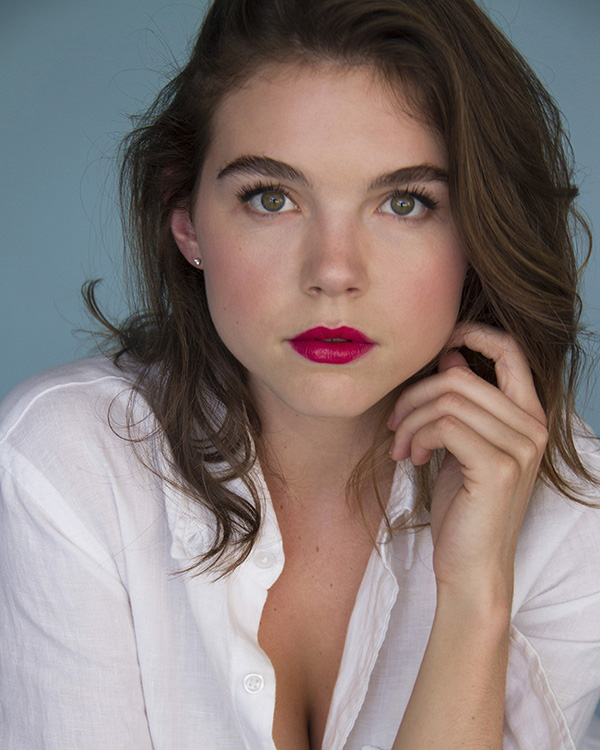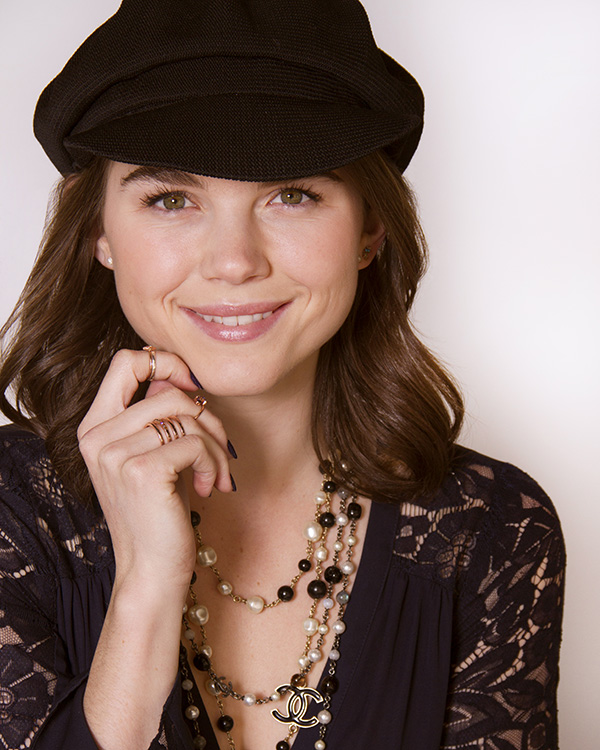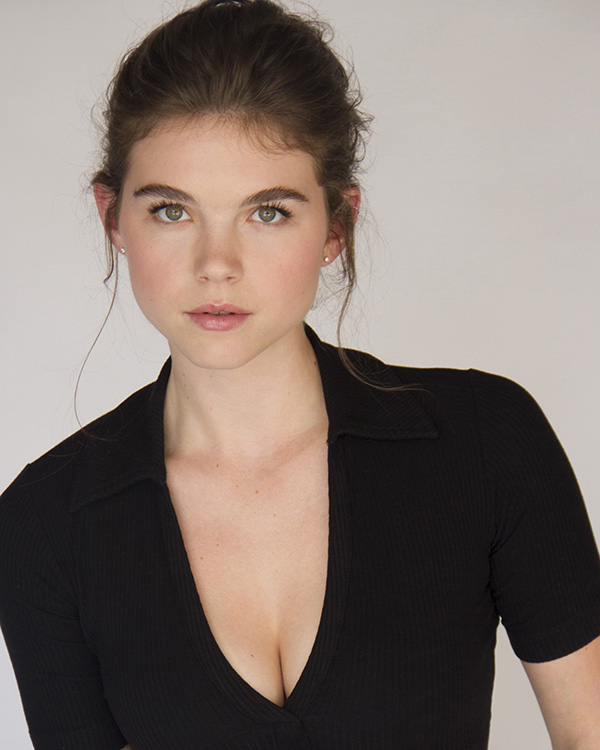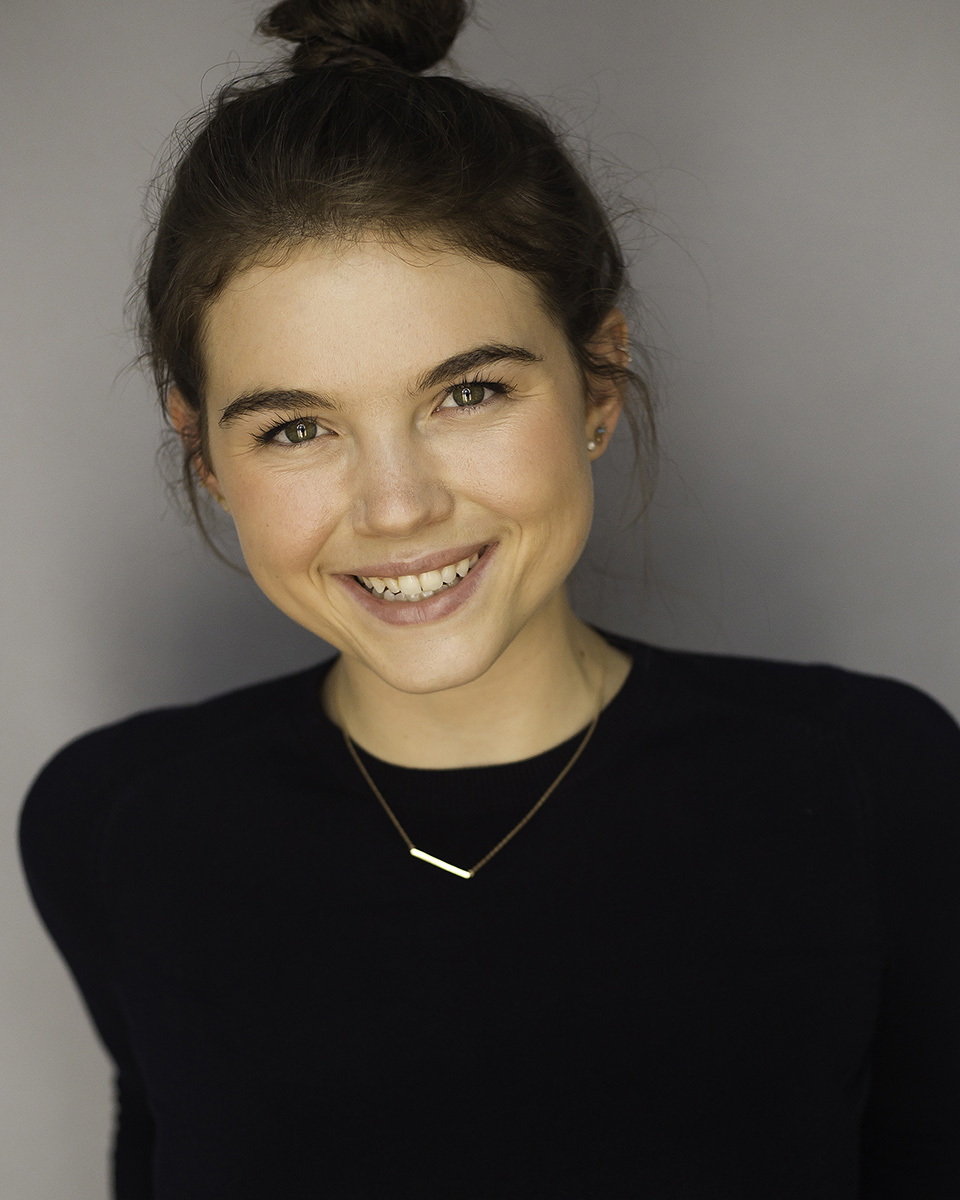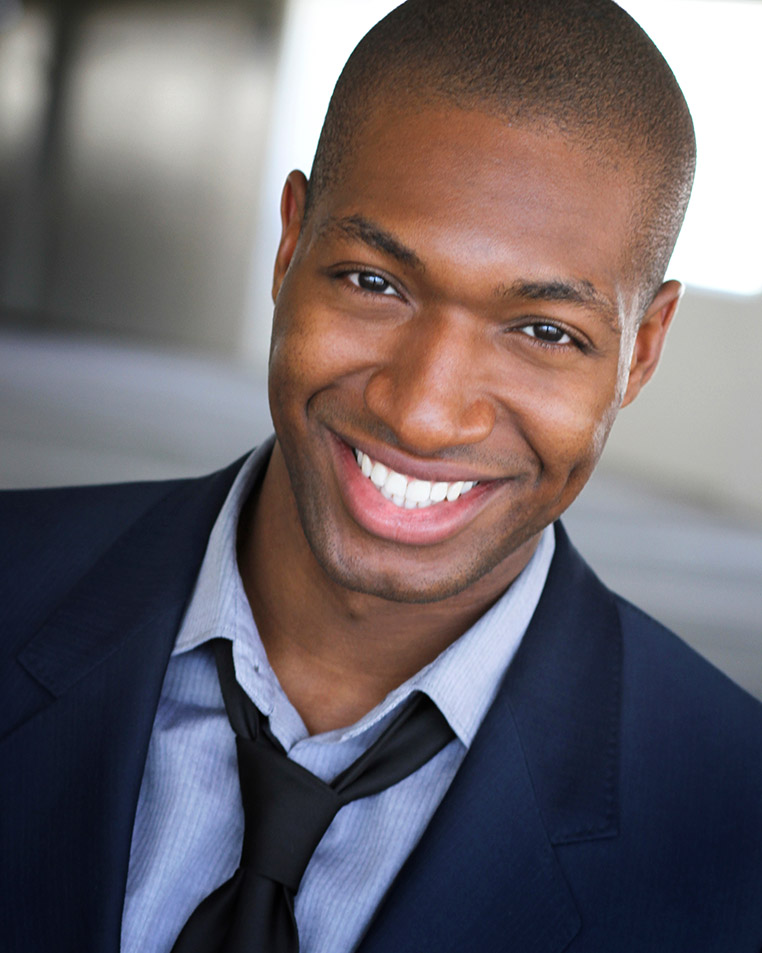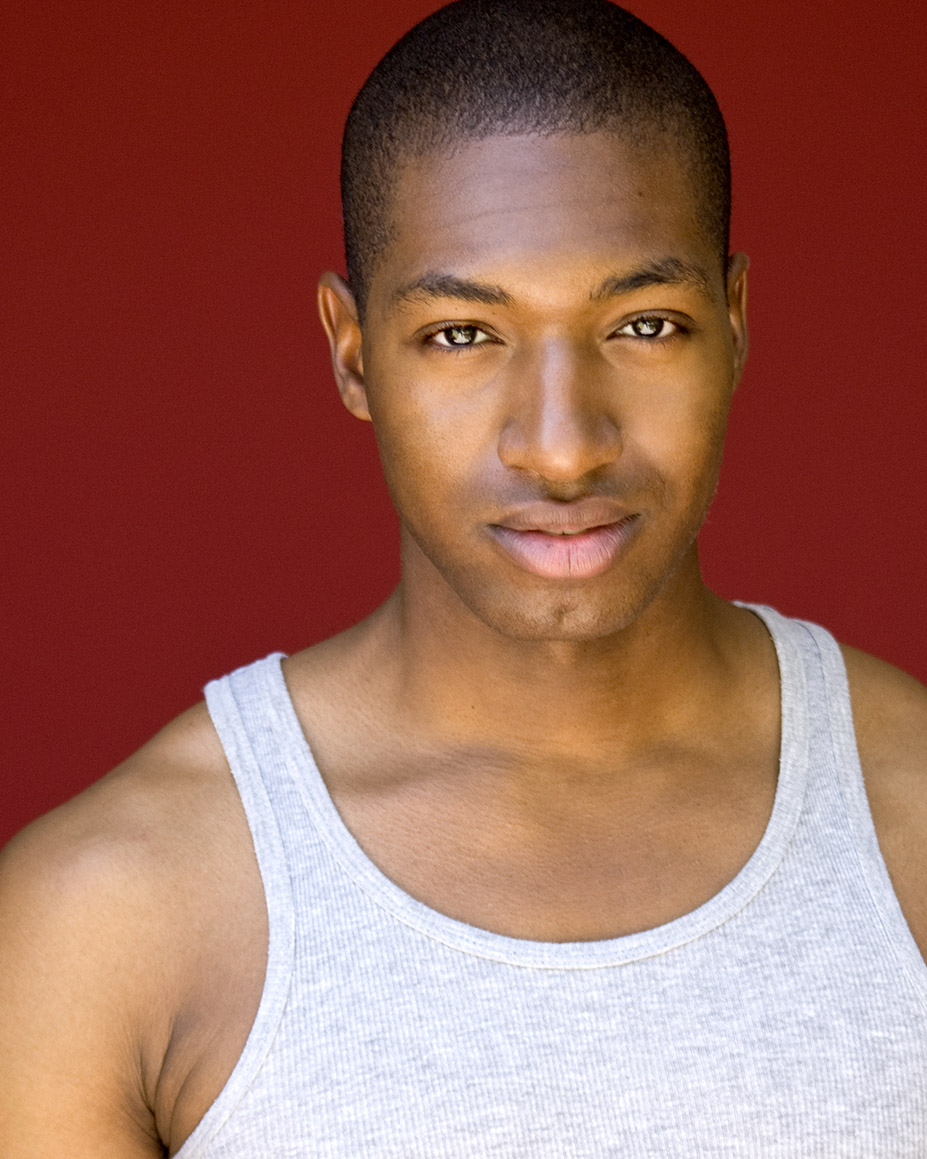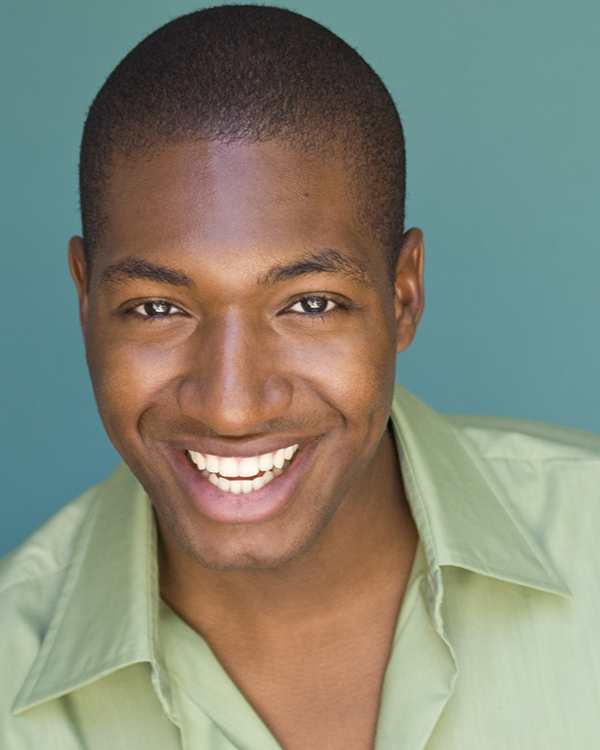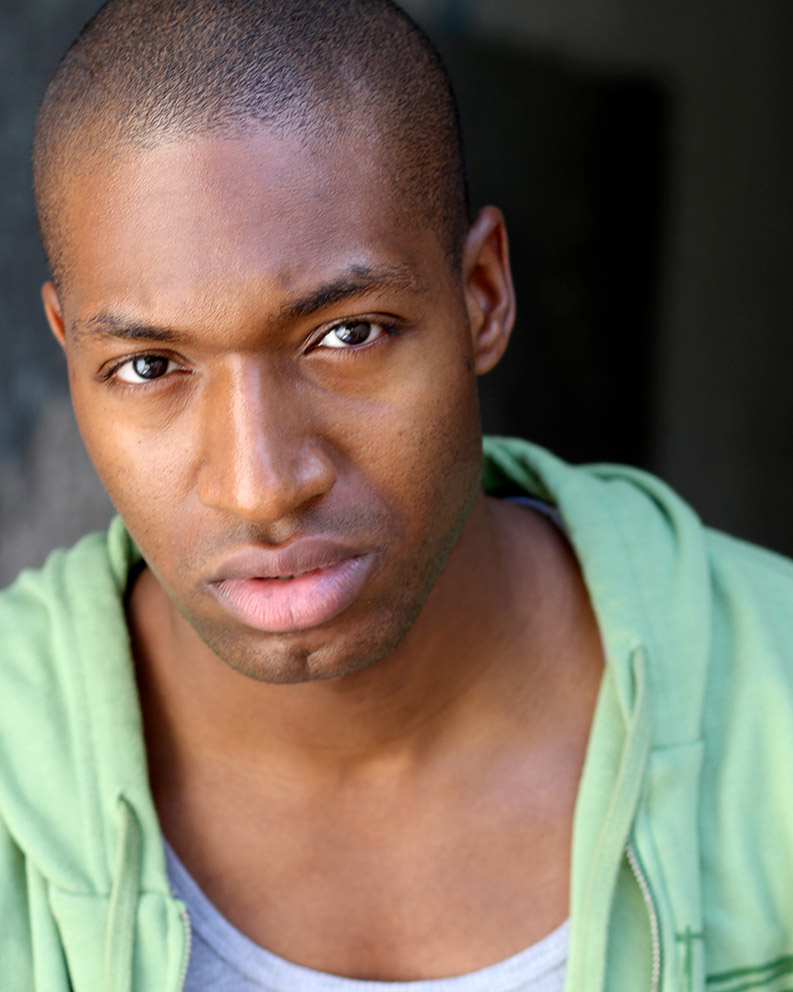- Home
- Commercial vs Theatrical Headshots
- What is Casting
- Preparing for Headshots
- Purpose of Headshots
- Headshot wardrobe
- Hair & Makeup for Headshots
- What to do with Headshots
- Headshots for Kids
- How to get an Agent
- Promoting Yourself as an Actor
- Social Media Shots
- Photographers
- Resources
- Ways to get into SAGAFTRA
What is casting?
Acting is about telling stories. Casting is what stories you are prone to play. A new actor just starting in the business can often focus so hard on breaking into the business that they can neglect that it is about telling stories and they have to have interest in those stories. The drive to break in can often lead to neglecting the first step which is defining what stories you want to tell and what stories you can tell. Defining your casting gives you focus on what you are aiming for in your career. Acting is one of the few professions that puts your physical appearance into play as you define your career. That kind of self examination can really spin a person if they don’t know how to look at it. The easiest way to start developing your casting is not by looking at your body first, but you as an artist first. That way you can determine what part of the field you want to conquer. A doctor going into medical school has an idea of where he wants his career to go. He might specialize in pediatrics, plastic surgery, general practice or specialize in the heart. But they have an idea as they enter medical school and plot out their path from that idea. There are just as many, if not more, choices on how to run your acting career and the more you have it defined, the better you will do. You have to name it. Some actors want drama, some want comedy. Some want to do action films and others just want to be able to perform without all the stress of the public eye. You have to name it. Name your goal and build everything else around that goal. This includes headshots that cover your casting.
So the first question is what interests you. After you determine that then you can take an honest look at your body and your skills and what you need to do from there. Your body does not define your career path. A perfect example of this is Lucy Liu. She is a Chinese American. She could have told herself that all she could play was the social stereotypes of Chinese American females. Yet, she was a Charles Angel, a badass assassin and played Watson on Elementary. Watson is written for a man. So do not let your ethnicity or body shape define you. Look at all the ways that has been broken. But don’t ignore it either. Play to the strengths that god gave you and use your moral compass to determine if you want to play into stereotypes. I know several African Americans who would never play a thug and Latin Americans who would never play a gangster. And Muslims who would never play terrorists. That choice is up to you. But if you have a latin look, even if you aren’t latin, learn Spanish and work on the accent. It is a part of how you could be cast if you like the story to be told. These are the gems of knowing your casting.
Define for yourself the following:
What kind of stories do I want to tell?
What do I enjoy doing?
What am I good at doing?
From there you have your start point. If you want to tell comedic stories, you need to work on comedy skills. If you want to do drama you need to work on drama skills. If you answer “I want to do everything” at least nail it down a flavor to start with. You can do that by answering these questions for yourself.
What actors careers do I respect or want?
Is Reese Witherspoon your favorite actress? Why? What about her roles interest you? Even if you aren’t a blond blue eyed Texan you can figure out the types of stories you want to tell from this. With her career you have romantic comedies, charming yet strong women, the sweet character within a dark world. The underestimated. There are layers there that you can take a bit out of to shape your casting.
If you named (keeping it on women for good comparison) Toni Collette, why? What about her roles interest you? Serious, broken, broad range characters, gritty raw real people with a touch of human comedy. These shape your goals differently. Do you see that?
If you are more of a Reese Witherspoon fan than a Toni Collette fan your headshots will be polished and light, even the dramatic theatrical shots will be polished and light. You will present yourself warm and kind and you will work on your comedy skills as well as the skills to be natural and real.
If you are more of a Toni Collette fan you will focus on drama and layered undercurrents in your field. Your headshots will be more dramatic. Even the softer headshots will bend to the way of broken more than sweet. Your theatrical shots will need an intensity under them. See what I am saying?
Next ask yourself: What TV shows and Films would I love to have been in? What character would I have played?
You need to approach this with a slice of reality. Obviously if you wanted to play Tom Cruise in Mission Impossible and you are a middle aged balding man with a beer gut and a fear of heights you might want to cut out leading man in an action film and think of all the other roles that are available in such films. Either that or hit the gym, get over your fear of heights, and shave your head to have a more fierce look than a donut eating cop look. Let’s say you would love a role like William H. Macy in Fargo. That is gritty dark comedy. Your focus would be on character development. The quirky weird characters. Learn to play awkward and and unsure of yourself. I doubt William H. Macy is awkward and unsure of himself in real life, but man does he know who to play it and we all love him for it.
Let me give you an example of working with your casting using my daughter. She is a working actress and has a very broad range. Here is why. When she started (at the age of 7) she wanted to do dark and gritty. That is what interested her. But she is blond and blue eyed and has a sweet charm about her, especially at age 7. Dark and gritty doesn’t come with most roles for a 7 year old. So, her first role was a victim on a crime drama. Then a sweet normal kid on United States of Terra. She landed the lead in a kids film, but it was not cheesy or too light for her. She was offered a couple of kids network shows, but she rejected them because she did not like the premise or the writing. She always auditioned for anything but she chose what she would take. Even at age 7 I let her choose her projects, because it is her and her interest that matter. She had to work with being a kid, she had to work with being blond and blue eyed and the stereotypes that come along with that if she wanted to work, but she was no slave to those limitations. There was finally a kids network show that hit her interest because it was based off of one of her favorite films, School of Rock. Working on that show developed her comic timing and gave her a broader fan base. With the limits of what she could do while on a kids network show she had to turn down 3 great feature films in that time, but she did work on drama while doing School of Rock and did a few guest star roles that gave her that outlet. As soon as School of Rock was over she landed a role in a film with Laura Dern, playing a bit of an edgy girl and when she wrapped that she was working with Nicole Kidman on Destroyer playing a messed up gritty broken teenager. She has shaped her career off of those she admires. Dakota Fanning, Meryl Streep to name a few. She is interested in drama but as a blond girl works on charm and comedy too. That gives her quite a broad range. She works on her skill sets daily and that is no exaggeration. She turns down what does not align with her goals and works on the skill sets for her goals. Her headshots cover the young side of teen to the older side of teen. She has clean and slightly edgy edgy shots and because she has her union card and her agents don’t do commercials she has no commercial shots. She only goes on commercial auditions if auditions have slowed down, because she likes to keep her toes wet. But she is not into commercials and hasn’t done any commercial auditions since she was 13. She works on accents, monologs, occasionally takes classes, watches interviews with her favorite actors, keeps a pulse line on what her favorite directors are doing. She is succeeding because she set her goals first and developed the rest around it.
Casting is what you play. You shape that by determining what you want to focus on without disregarding what your personal stereotypes are. You shape your headshots and your training around your goals. Knowing what you are aiming for lines up your casting and makes the game easier to play because you are not shooting in the dark.
